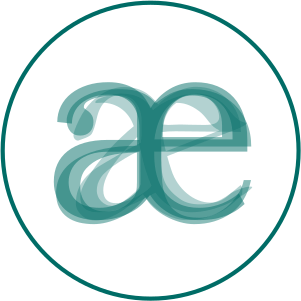About me
Work Experience
Internship at the Meta Reality Labs office in Cambridge, supervised by Dr. Jesús Monge Álvarez. Drastical reduction of memory and compute of a deep learning real-time spectrogram inversion pipeline, while maintaining high quality and minimal latency, leading to an InterSpeech publication.
Co-authored the IAMúsica project, an artistic research grant supported by the Institut d’Estudis Baleàrics aimed to apply real-time AI technologies for musical analysis. More info here.
Contract with the Max-Planck Institut for Empirical Aesthetics (ArtLab) to develop a lightweight, wearable, precise heartbeat timestamping and counting system. F1 detection score above 99.7% (based on Pan-Tompkins) and AUC-ROC >80% for signal quality estimation (custom Kalman filter).
Work as machine learning research engineer at the AI for Sound research fellowship led by Prof. Mark Plumbley at CVSSP (University of Surrey, UK). Work included participatory studies, supervision of M.Sc. theses, and covering the full lifecycle of AI software on a broad variety of settings.
Member of the research team led by Dr. Julia F. Christensen, focused on the connection between dance, emotion and computation in different cultures. Besides writing, my role involved computational tasks like data curation, generation of synthetic stimuli and extraction of kinematic features from video and MoCap sequences (see e.g. this publication for more details).
Work on the RESIST research grant (ERC) for resilient transport infrastructure to extreme events. Work involved R&D, profiling and maintenance of models for visual detection and measurement of structural defects, as well as interfacing with structural and system engineers.
Assisting with machine learning research at the Systems Engineering and Computer Vision department.
Leading weekly tutorials for 60+ undergraduate students as part of the Python Programming course led by Prof. Krömker. Work included introducing good software engineering practices, grading, and giving constructive feedback on theoretical and practical exercises.
Education
PhD at the International Max Planck Research School for Intelligent Systems, supervised by Prof. Philipp Hennig (Methods of Machine learning, University of Tübingen, Germany), focused on phase-aware deep learning optimizers.
The B.Sc. in computer science at the Goethe University Frankfurt am Main had 4 main pillars: (1) Programming (C++, Python, Java), (2) Hardware (theory, design, FPGA programming), (3) Mathematics (linear algebra, discrete mathematics, probability theory) and (4) Theoretical CS (modelling, datastructures, algorithms and complexity). On top of that, I did several advanced modules, including operative systems, distributed systems, AI, high-performance computing and machine learning, which I pursued further with a thesis on deep learning-based music classification.
I started my composition studies at the Conservatorio Superior de Música in Vigo (Spain). Then I moved to the HfMDK in Frankfurt am Main (Germany), to study electronic composition with Prof. Orm Finnendahl. Covered subjects included music history, analysis, harmony, counterpoint, instrumentation, piano sight-reading and improvisation, real-time audio synthesis and algorithmic composition. I share some of my work and thoughts here.
The Spanish Grado Profesional (professional degree) is a 6-year pre-university degree centered on the practice of a specific instrument. The piano specialization included solo, 4-hands, chamber and choir/orchestra activities, sight reading, and theoretical subjects like music history, analysis and harmony.
The Spanish Grado Profesional (professional degree) is a 6-year pre-university degree centered on the practice of a specific instrument. The trumpet specialization included solo, chamber music and band/orchestra activities, as well as theoretical subjects like music history, analysis and harmony.





